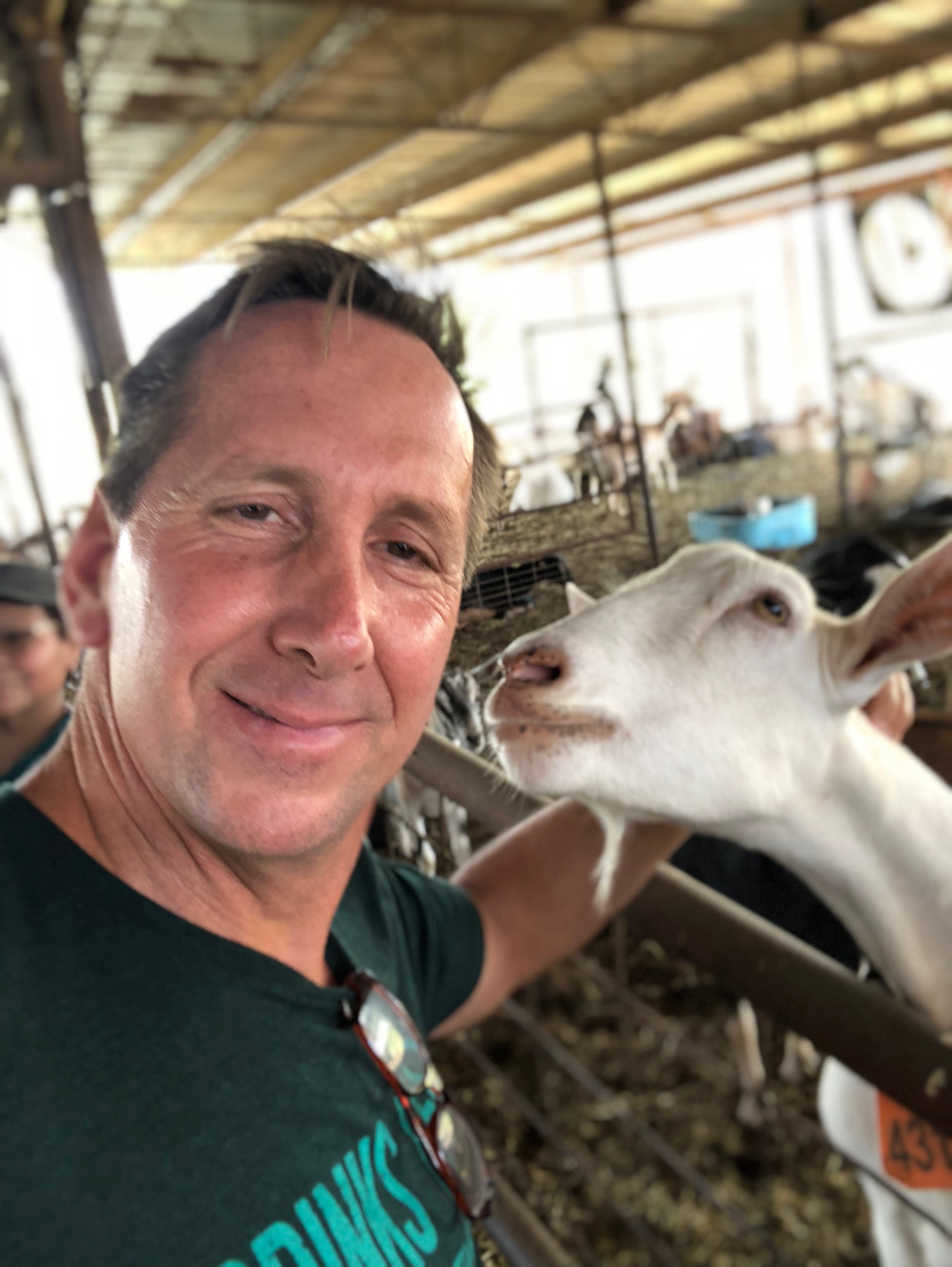
Although goats only produce about 2% of the global milk supply, it is cheaper to process because it doesn’t require homogenisation (the small fat molecules do not separate and remain suspended in the cream).
The health benefits of goat milk include its ability to aid in weight loss, reduce inflammation, optimise digestion, improve the bioavailability of nutrients, strengthen bones, boost heart health, strengthen immunity, increase metabolism, prevent toxins from accumulating in the body, and benefit overall health.
As we age, the chemical composition and impact of goat milk on the body is actually preferable to the effects of cow milk. For example, people who suffer from lactose intolerance, digest goat milk far better than cow milk due to its higher levels of beneficial fatty acids (twice that of cow milk).
Milk of all varieties is rich in calcium, and goat milk is no exception.
One reason why people tend to love goat milk is that they are able to enjoy it without the inflammation and upset stomach that cow milk often causes. This is due to the unique enzymatic makeup of goat milk that soothes inflammation in the gut.
One of the main benefits of goat milk is that the chemical composition is far closer to human milk than other milks. Human milk is similar to goat milk, so our bodies are able to get more nutrients out of the milk as it moves through our system and causes less stress on our digestive processes.
Goat milk is nutrient-dense, which means that you don’t need as much of it as other milks to receive the same (or better) nutrient intake. Studies have shown that goat milk can help increase the uptake of iron and copper in our digestive tract, which is essential for people who struggle with anemia and other deficiencies.
There are significant amounts of selenium in goat milk. This rare mineral is a key component in the immune system functionality, protecting us from illness and fending off infections.
Goat milk is a very rich source of protein, which is an essential part of growth and development, as proteins are the building blocks of cells, tissues, muscles, and bones.


